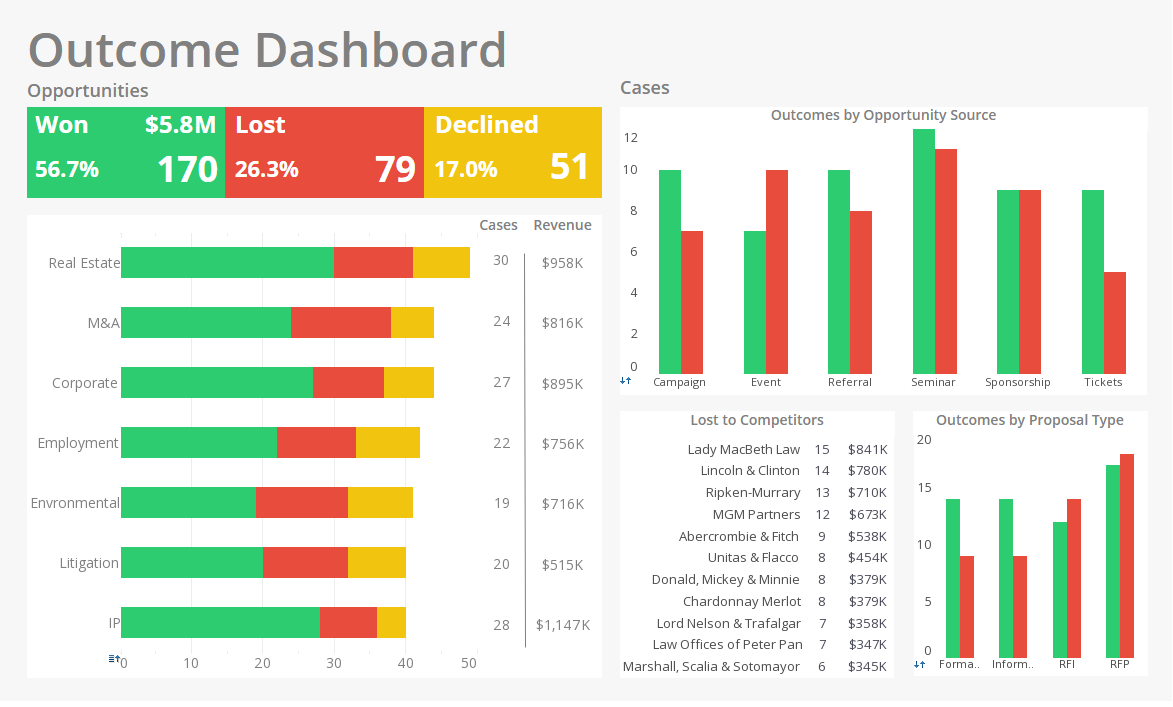InetSoft Webinar: Top Success Factors of Business Intelligence
This is the transcript of a Webinar hosted by InetSoft on the topic of "Top Success Factors of Business Intelligence." The speaker is Mark Flaherty, CMO at InetSoft.
Today’s Webinar is about briefing about the Top Success Factors of Business Intelligence. This information will be good for those who are just beginning to implement or expand a BI program. You will learn more about the best way to structure BI teams and manage business IT communication.
We can start by asking what is the ultimate promise of making BI a killer app? And perhaps for those who are new to the term how do we define killer app? I would say that making BI a killer app means that both big and small decisions, any decisions that contribute to the company’s performance are made based on facts and insights from data, so not just gut feel decision-making.
It's really based on leveraging the data at hand. And then in terms of the killer app, I think that’s really any application, it could be BI, it could be other applications that help a company reach new heights, whether it in terms of financial performance, best-in-class customer service, or having the best products on hand when customers need it.
Making BI a Killer App
How do organizations know they have succeeded at making BI a killer app? And how can that success be measured or quantified? I think the biggest success indicator is that all workers, executives as well as frontline workers, recognize that BI is mission critical. They couldn’t do their jobs effectively without business intelligence. And today, really, that recognition is at a small percentage in most companies. Usually it's only the knowledge workers or the power users who consider business intelligence mission critical. So that’s the answer from a qualitative aspect. And most companies only measure their success by these qualitative aspects, which are user perception and executive level perception.
But there are some quantitative ways that companies can measure their success. Return on investment, of course, is one of the most preferred ways, and yet, a very few companies do that. And I think it's because it's so difficult to do. You are trying to come up with a really precise number and precise benefits when really the inputs to calculating those benefits are very imprecise. So I think other things like just measuring how many users you have and how often these users rely on business intelligence to do their daily jobs is another way of measuring success.
Why is making BI a killer app such a challenge for organizations? It's an excellent question. I think there are multiple success factors. But interestingly few of the companies who have been wildly successful with their deployments have spoken publicly about their deployments. For instance, I know of a very interesting company whose entire business mode is really based on making value out of the data that they collect to improve travelers’ experiences, so business intelligence is directly related to trade secrets which companies are not going to talk about.
I think the other aspect is sometimes it’s not so much what the secret is but rather the why and the how. So it’s not a well kept secret, but in order to be successful with business intelligence you have to have a high level of data quality. So that’s one success factor. And from an organizational point of view, you have to have executive level support. That’s a second success factor. The trick then lies in how to achieve that or how to get the executive level support. We’ll talk later about other best practices. So there are some insights I’ve learned from customer case studies that I really think need to get more attention to in the industry.
So what are some keys that can help organizations overcome their most common challenges? What are some lessons learned about creating a successful BI application?
Competitive Advantage from Business Intelligence
Well, the first key is just recognizing how important business intelligence is to giving companies a competitive advantage. This also means being creative about what problems can business intelligence solve. And let’s be clear, business intelligence is not only for for-profit companies. It's also for nonprofits, agencies, and service industries, where they just need to be able to operate more efficiently.
So I think two of the most interesting insights to me was one that I call ‘relevance.’ And this is really taking the current process of defining requirements where usually the IT professionals will ask the business what they need, and it’s flipping it on its head. It's really studying what our workers are doing. What information do they need to do their job more efficiently? Then provide that information to them in a way that’s easy to use, that’s accessible and integrated into their work process.
The other aspect is this business-IT partnership, and unfortunately, still in many companies, there is a huge disconnect between these two stakeholders. And when there is not a partnership between the business and IT, you really can't be successful with business intelligence. In that case, it's really just a point solution, and something that will only have moderate success.


